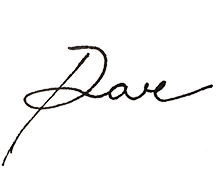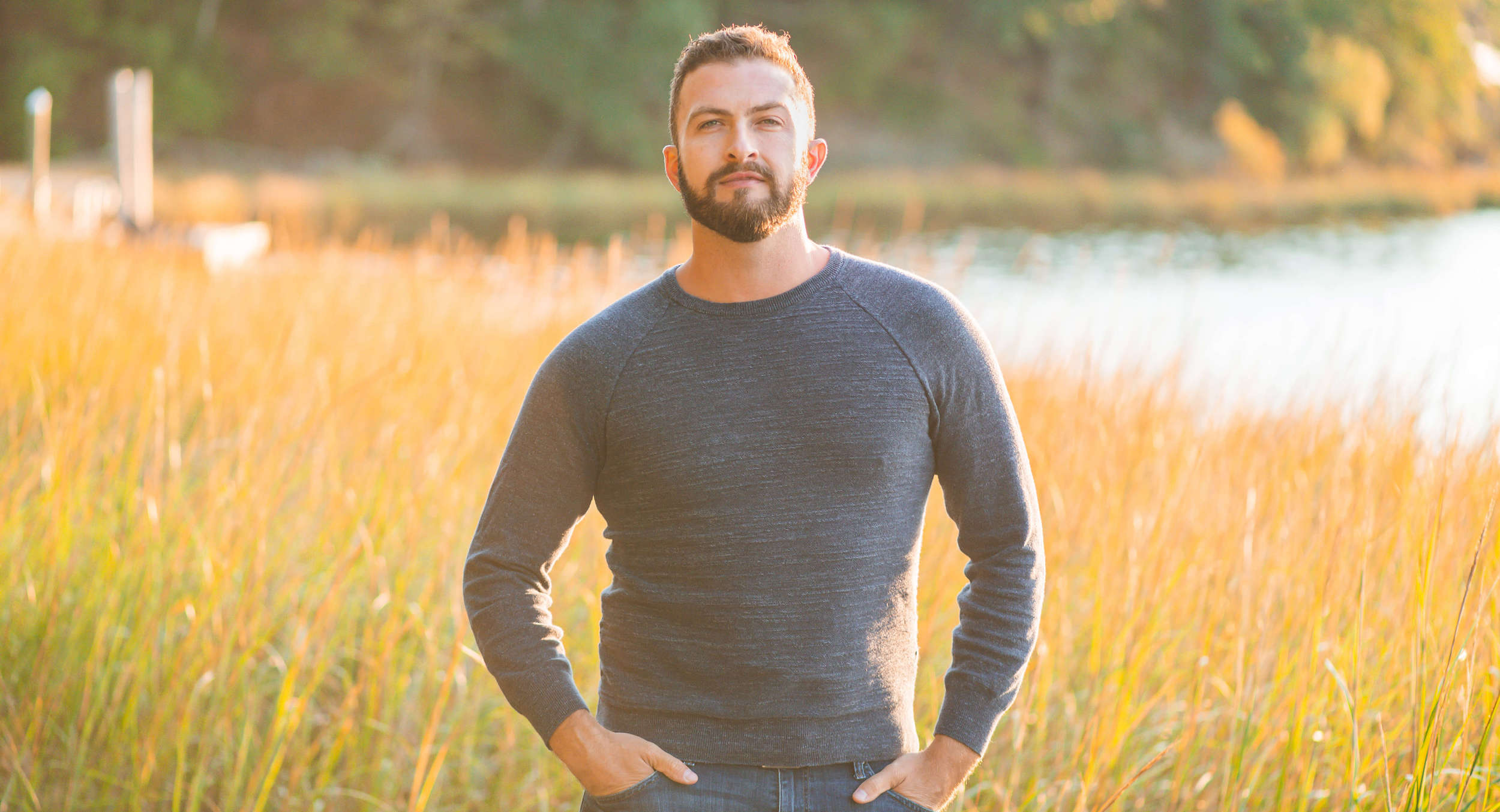Imagine with me, if you will, what it must be like to be a bridge.
The purpose of a bridge is noble. A bridge unites two distant land masses; it brings people together. A bridge grants people safe passage and helps them to get wherever they are going.
Bridges could just be functional things and that would be enough. But bridges are more than functional.
Bridges are feats of ingenuity; they represent the never-ending resolve of human endeavor. Bridges are assigned significance in the careful attention paid to their aesthetic and design. So bridges also carry artfulness in their shape and form; they imbue elegance; they represent regality and sophistication.
Bridges are so important to us that they are even named to honor their existence.
Bridges are iconic. Bridges exist to serve. Bridges bring people and things together.
But bridges also carry particular burdens.
Each bridge, for the most part, stands alone. Bridges seldom exist together in groups or in partnership; that means that each bridge carries the sole weight of its purpose, all by itself.
It must be a lonely existence to be a bridge.
Despite their important function, most people — save perhaps for little children — take bridges for granted. Everyone who uses a bridge tends to forget the special value of its existence; they can’t imagine what it’d be like to travel over a body of water or cross a divide without a bridge, and still, they forget.
Bridges ought to be thanked, but they are rarely ever appreciated.
People may even come to spite bridges and resent their reliance upon them.
We must pay to use bridges because every bridge comes with a great cost. Building and maintaining every bridge is exponential and seemingly never-ending. In many ways, a bridge is not just built once: for a bridge to exist at all is to engage in a lifelong struggle to uphold and preserve it.
Bridges are used. Bridges are forgotten. Bridges carry a great cost.
How is it that something whose function is so vital, whose existence is so unique, and whose cost is so worthwhile, is so taken for granted? So neglected? So exploited?
There are certain people in this lifetime who seem to exist to do one thing:
To be a bridge.
These people — “bridge” people — seem to exist to be in service of that which brings things together.
Bridge people connect others across divides and give them safe passage to get wherever they are going.
Bridge people bring forth ideas, visions, and concepts from the invisible ether and into reality; they bridge the impossible, improbable, unlikely, or unseen into the world of the seen, the likely, the probable, the possible.
Bridge people have a special power and ability: they can connect many a-thing. They unify wherever there is division, distance, and separation. They exist to facilitate harmony, unity, and cohesion.
They do this so naturally and so instinctively that even bridge people, themselves, can forget the true magic that is bringing things together.
It does not help that our society does not value bridges.
Despite all of the glowing and complimentary terms I have used to describe what it is to be a bridge — whose function is so vital, whose existence is so unique, and whose cost is so worthwhile — bridge people, in our society, are consistently taken for granted.
Bridge people are consistently exploited for their ideas, but seldom rewarded or thanked or honored for the magic of the connections they weave.
Bridge people are used, neglected, and even resented for the invisible skills that they possess that bring people, ideas, and communities together.
Bridge people are sooner discarded than they are heralded with respect, esteem, and reward.
And a bridge person, most of the time, simply rolls over and accepts the mistreatment.
I know many bridge people who accept their belittlement, and internalize the pain as “deserved suffering.” They self-martyr. They assume that others’ neglect is proof of their own unimportance; they learn to diminish their own worth as bridges.
Many bridge people know what it is to have had others manipulate their gifts for their own selfish gain. Some savvy and wrong-minded people exploit the special function of a bridge because they do not want to pay for, provide, maintain, or support the bridge’s impossible and never-ending cost of functioning.
Bridge people then excuse the wrongful treatment, justifying the exploitation by saying that “this is what it is to be a bridge.”
They say, “this is the cost of bringing things, people, and ideas together.”
They tell themselves excuses to justify the burden, like, “This is just who I am,” or “This is just me being me,” or, “This is all that I know how to do.”
Thus, so many bridge people never lay claim to the true worth and value of who they are, and what they do, and why our world needs them.
Or, should I say, why the world needs us.
For I, dear reader, am a bridge.
And I suspect that you may be, too.
You might relate to the term “bridge” that I have been using, but you might, instead, prefer another term. Indeed, “bridges” have many names.
You might call yourself a conduit, a messenger, a seer, an intuitive, a healer, an empath, a change-maker, a teacher, a highly sensitive person (HSP), a guide, a cultivator, a team leader, a connector, a visionary, a servant, a facilitator, a quiet leader, a leader by example, or a leader without followers.
If you are a bridge, then you understand the daunting burden and weighty responsibility of being one.
The cost of being a bridge is feeling isolated, lonely, and misunderstood by others.
Our over-masculinized, patriarchal social norms skew the inherent value of bridge people; as a result, many exploit our invisible talents. Workplaces consume us. Some manipulate, betray, and then discard us after they have used our gifts for their own gain.
A toxic culture obsessed with superficial displays of so-called strength, which are really only ever hollow masquerades obscuring inner fears and insecurities, call the invisible hand and unifying power of us bridge people “weak” or “flights of fancy” or “indulgences” that are “not connected to reality,” because our work is never as physical as an actual structural bridge, uniting landmasses and carrying cars and people across them.
Our society has forgotten the value of bridges, even though all of human civilization is entirely dependent upon us.
The weight of our work is to advance the movement of all of society with conscience, healing, and love.
When people say, “Make the world a better place,” bridge people are those whom they all depend on to see what “better” is.
And yet, the world seems to have gotten comfortable disregarding the essential role, function, and vital investment in this entire caste of souls: seers and healers, teachers and artists, creatives and servants, community leaders and organizers, visionaries and leaders, bridges all.
Then again…
If we do not value ourselves, first, how can we expect the rest of the world to value us, for us?
Is it any wonder why our world today is so wounded, divided, and separated from itself?
Why should our world be whole or healed when we — bridge people, ourselves — keep neglecting, disregarding, and disrespecting the important and unmistakable purpose and significance of our duties as bridges?
How can we expect others around us to value our gifts if we diminish ourselves?
How can we ever expect to feel the full worth and weight of our work when we do not charge a single cent, let alone a proper toll, in exchange for the heavy burdens that we carry?
How can we expect to be facilitators, conveyers, and guides of healing and goodness and love — and, like a bridge, bring other people from “where they are” to “where they are going” — if we are crumbling, breaking, and falling inward upon ourselves?
Calling Upon All “Bridge People”
I have uncovered the common thread that ties together all of the 300-plus coaching clients with whom I have had the honor and pleasure of working since 2012.
They have each, to a person, been united by the invisible, indelible calling of being “a bridge.”
From creative entrepreneurs to service-minded professionals with books in their hearts, healers and teachers in yoga studios and therapy rooms, budding authors and speakers, devout change-makers, modern-day philosophers, non-profit founders, and community leaders, each and every one of them is a bridge.
They exist to help others get from here to there.
And part of the work of being a bridge — what it means to lead, to serve, to guide, to lift up — is not just existing for them.
- Part of the burden of being a bridge is supporting yourself, providing for yourself, and living well and whole — not as a martyr.
- Part of the burden is understanding that healing yourself is not your end-goal or outcome but a continual practice of self-responsibility — because you can only ever lead others as far as your shadows and wounds will allow.
- Part of the burden of being a bridge is establishing, holding, and preserving strong and healthy boundaries with peers, loved ones, clients and students, readers and friends, and all those whom you intend to serve — because otherwise, our consumptive social norms set precedent for exploiting, devaluing, and discarding us.
Across the last eight years, I have learned that for all the good that bridges can do, far too many “bridge people” are more familiar — and more comfortable — co-existing with the heavy, toxic burdens of what it means to be a bridge than they are familiar or comfortable with thriving as one.
In 2021, I am slightly shifting what I do as a coach and whom I serve as a coach — an evolution many thousands of hours in the making — that will deeply and deliberately uplift, guide, reflect and support “bridge people” so that they may thrive in their lives, in their work, and in the full light of their purpose.
The time is now: our world is desperate for bridges.
Not the kind that crumble and collapse.
Not the kind that are taken for granted, or spited, or resented.
The kind that stand proud, regal, and iconic.
The kind that know the importance of their work; the power of their presence; the impossibly urgent need for their gifts and their roles and their connective magic.
We need bridges to stand nobly, well-funded, and in their full light and strength.
Our world is divided, wounded, and growing more comfortable “apart.”
In 2021, I will be guiding you, dear bridge, into and through the work that you know you are called to do.
From here, to there.
From where you are now to where you are going.
That you may keep being the bridge that you are — because our world needs you to be the bridge that you are, more now than ever.
Yours,

